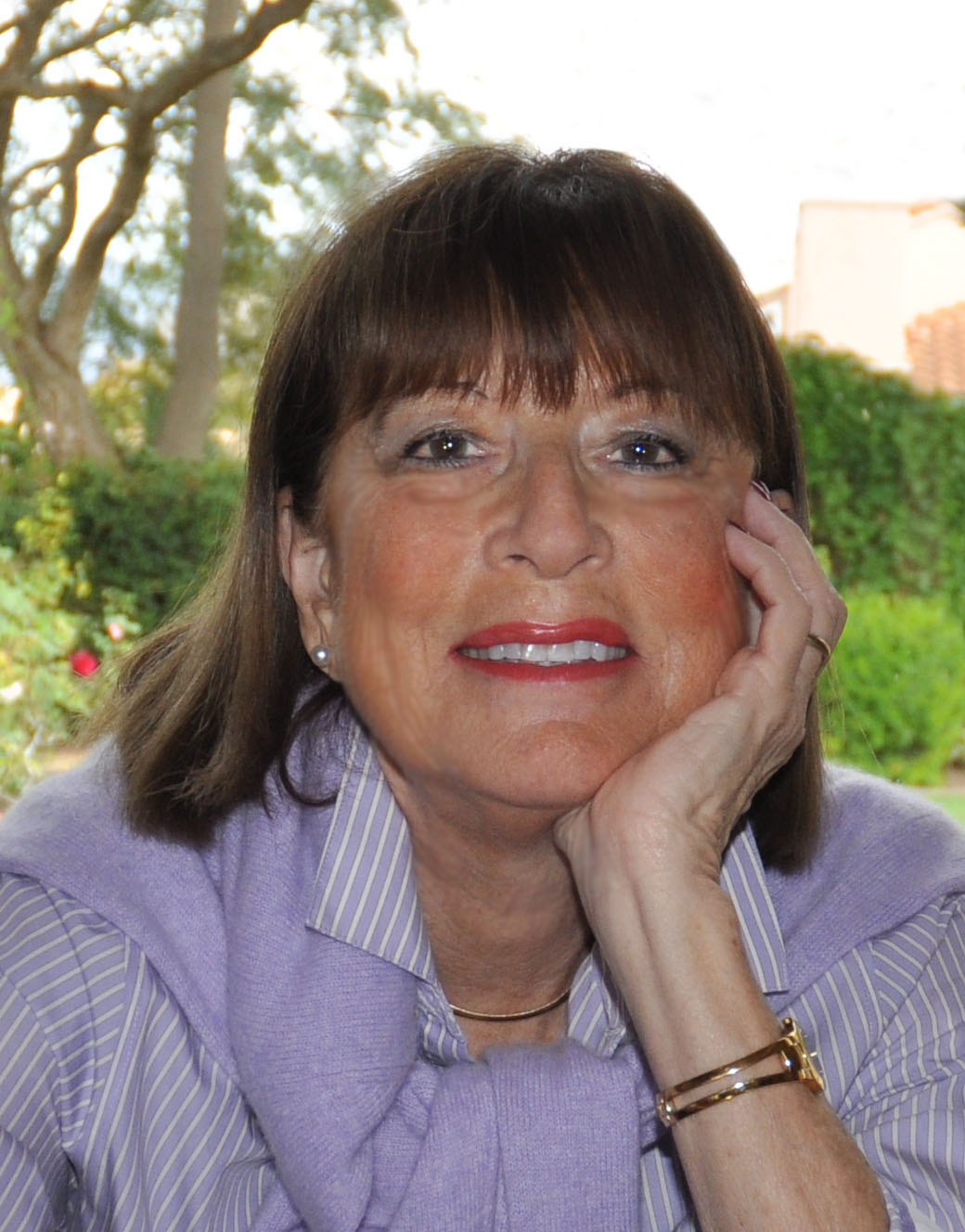 Barbara Greenleaf: The Fifth Commandment in the Age of Covid
Barbara Greenleaf: The Fifth Commandment in the Age of Covid
While gathering information for my new book, Parents of Adult Children: You Are Not Alone, I found that while most of the older generation takes the fifth commandment, “Honor thy father and mother,” quite literally, the younger generation puts a different and much more casual spin on it. It is this disparity that leaves many parents feeling underappreciated and their adult offspring feeling put upon.
It wasn’t always so. In the Bible and commentaries on it, honoring one’s father and mother was not a trivial concept. In fact, it was second only to honoring God. In life, parents were to be provided with food, drink, clothing, and a place in their adult child’s home. In death, parents were to be honored by saying kaddish, lighting a yahrzeit candle, and donating to charity in their name. Apparently, though, some adult children struck or cursed their parents, acts punishable by immediate death. Even God was aware of disrespectful adult children because he is quoted as saying of them, “It is good that I do not dwell among men, or they would have treated Me superciliously, too.”
Fast forward 2,000 years to the age of the Corona virus. Families must forgo their traditional gatherings and many older adults feel isolated and anxious. This is when the younger generation’s honoring—in the form of outreach—becomes so crucial. Yet the messages sent to my blog are too often filled with the pain of grown offspring not returning, much less initiating, any form of communication. The younger generation’s lack of responsiveness is a major sore spot with parents, one that leaves them feeling frustrated, hurt, and angry. “He only calls when he needs something,” “It’s so hard to make plans when she doesn’t respond,” and “When my friends ask, ‘What are the kids up to?’, I have to make up some vague answer.” This is typical of the messages I’ve received:
“I am divorced and live alone. I like to hear the voice of my only daughter, but she is careless about returning my calls—or texts or emails. I know that her job keeps her very busy, but I can’t help feeling slighted. To find out what she’s up to, I am reduced to checking her Facebook page, an action I prefer not to think of as spying.”
According to Elizabeth Wolfson, PhD, chair of Antioch University Santa Barbara’s graduate program in Psychology, “Anyone under the age of 35 is texting and, according to the rules of texting, no answer simply means the recipient is busy. It’s not a referendum on your relationship. While to you not getting a response, let alone a timely one, be may be unbearably rude; to your offspring it’s an accepted aspect of the medium. You may yearn for what you think of as human contact—to them texting is human contact.”
How to live with this? Dr. Wolfson advises, “Take the ‘client-centered’ approach: ‘It’s your world and I’m merely stepping into it.’” That means speaking your grown offspring’s language, and today that language is a lot shorter and more visual. It requires you to take more photos and videos. It also means getting up to speed on Instagram, Pinterest, and the other apps that loom so large in your adult child’s life.
During this pandemic regularly scheduled Zoom and FaceTime meetings are the glue holding many families together. “If you want to go that route,” says Dr. Wolfson, “Ask for it in a way that demonstrates respect, for example, ‘How would it be if we had a set date to talk?’ That’s likely to go over a lot better than, ‘You never call me and at least this way I’ll hear your voice once a week.’ If your goal is to keep the lines of communication open, inducing guilt may produce the opposite effect.
~~~~~
Barbara Greenleaf is a longtime chronicler of the American family. Her eight books include Children Through the Ages: A History of Childhood and HELP: A Handbook for Working Mothers with Lewis A. Schaffer, MD. Parents of Adult Children is available at Tecolote, Chaucer’s, and Amazon. Founder of the Santa Barbara Jewish Film Festival, Barbara can be reached at www.BarbaraGreenleaf.com.